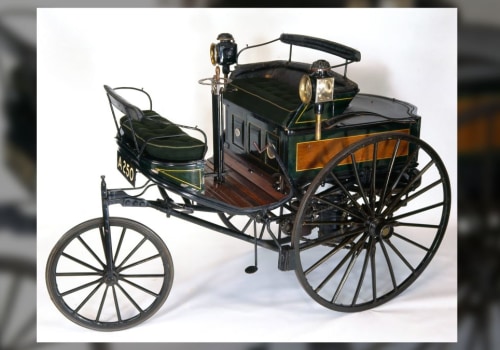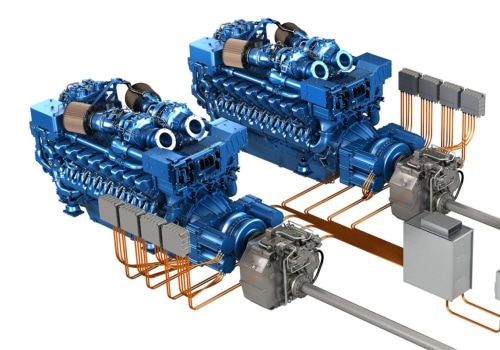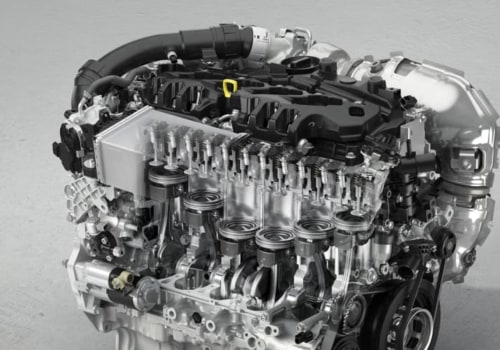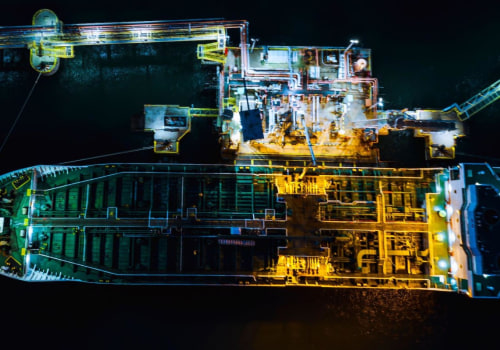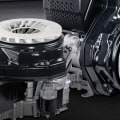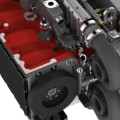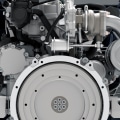The diesel engine is an invention that has had a major impact on the industrial revolution and beyond. Developed by German engineer Rudolf Diesel in the 1880s, it has since become the main source of energy for the commercial transportation industry. In the 21st century, diesel engines have been improved to reduce emissions and make them more environmentally friendly. Let's take a look at the history of diesel engines and explore what makes them such an important invention. Rudolf Diesel was born in France but moved to England during the Franco-German War.
After the war, he returned to Germany to study engine design. At this time, all of the most important inventions were focused on steam. In 1893, Diesel published his work Theory and Construction of a Rational Heat Engine, which proposed using carbon dust as fuel for the diesel engine. This marked the beginning of the diesel engine as we know it today. The diesel engine is an internal combustion engine in which the ignition of fuel is due to the high temperature of air in the cylinder due to mechanical compression.
This is why it is also known as a compression-ignition engine (CI engine). The torque produced by a diesel engine is controlled by manipulating the air-fuel ratio; instead of limiting intake air, diesel engines are based on altering the amount of fuel that is injected, and the air-fuel ratio is usually high. In the 1960s, diesel engines became the main source of energy for the commercial transportation industry. Since then, they have been improved to reduce emissions and make them more environmentally friendly. The world's largest diesel engines put into service are 14-cylinder, two-stroke marine diesel engines; they produce a maximum power of almost 100 MW each.
Medium-speed diesel engines run on diesel or heavy fuel oil by direct injection in the same way as low-speed engines. While aviation has traditionally avoided diesel engines, aircraft diesel engines are becoming increasingly available in the 21st century. DIN 51601 diesel fuel was prone to waxing or gelling in cold climates; both are terms for the solidification of diesel in a partially crystalline state. Diesel engines for boats are usually powered by diesel engine fuel that complies with ISO 8217 (Bunker C).Critics have said that Diesel never invented a new engine and that the invention of the diesel engine is a fraud. However, it is clear that his work has had a major impact on modern day technology and transportation.

